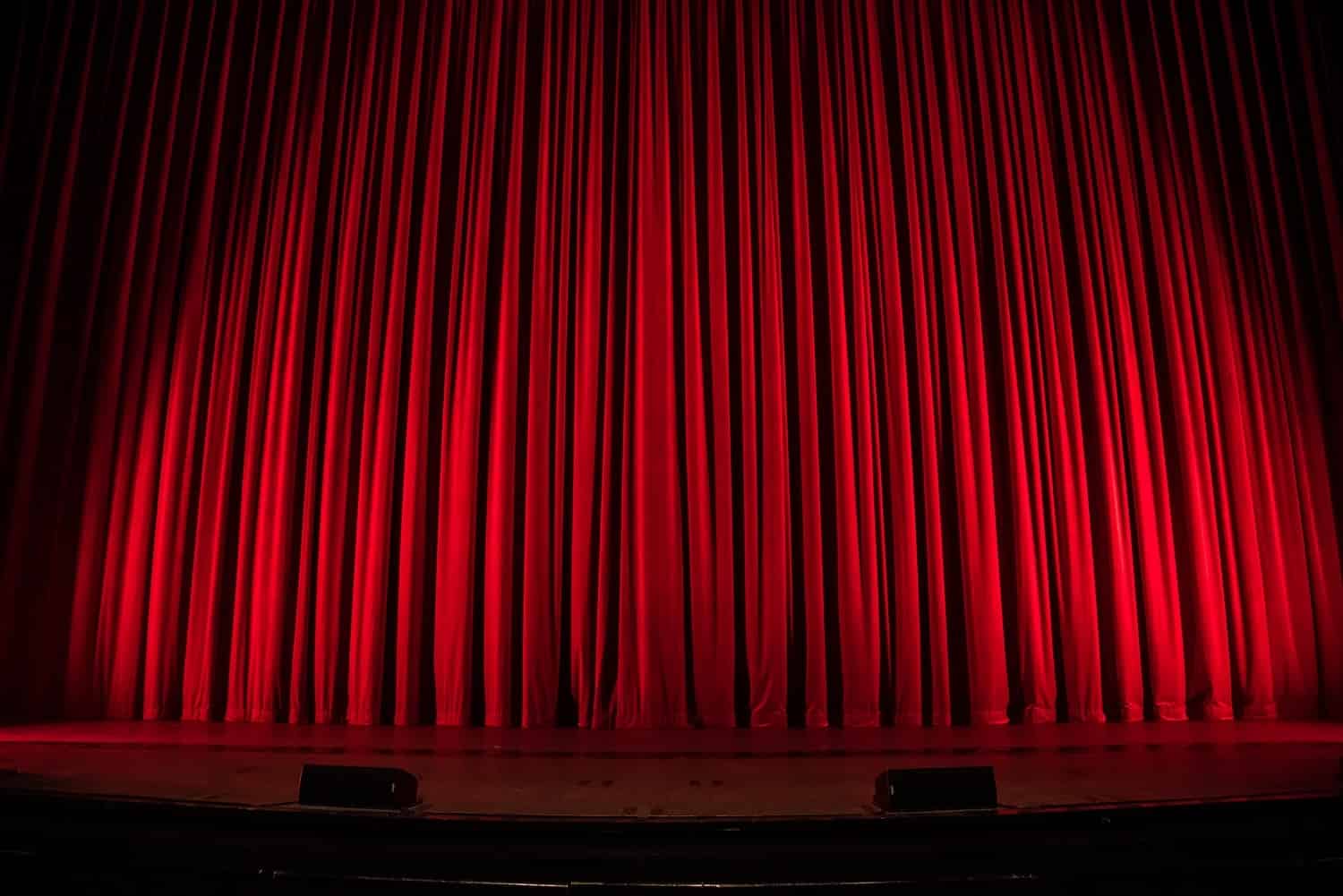With all new releases on hold and movie theaters closed indefinitely, the film industry is in a dire place. But delays are nothing new to Hollywood. Here are four films, delayed in their own time, that can help make sense of your new life under quarantine.
Ad Astra
When Disney executives purchased 20th Century Fox in 2018, they found they now owned Ad Astra, an outer-space drama starring Brad Pitt. Unsure how to fit the dour science-fiction movie into the Disney brand, the film sat on the shelf for eight months before seeing a September 2019 release.
The plot is simple: an astronaut (Brad Pitt) must venture to Neptune and retrieve his father, another astronaut whose rogue experiments threaten the solar system. If most science fiction is an opera, Ad Astra is a ballet. We follow a lonely man reckoning with his father’s legacy against a stunning backdrop of landscapes, colors, and sounds. Director James Gray and cinematographer Hoyt van Hoytem weave a solar system of frigid blues and rich ambers that bloom across the black canvas of space. Ad Astra is a film about profound loneliness and the absolute necessity of showing love to everyone in our lives. If there is a film that can make sense of our frustration and sadness that we can’t hug the ones we care about right now, it is Ad Astra.
Bill and Ted’s Excellent Adventure
Bill and Ted’s Excellent Adventure was finishing its post-production in 1988 when DEG, the studio producing it, abruptly declared bankruptcy. Director Stephen Herek shopped a rough cut around to different distributors, but the film’s surf bro dialogue turned most buyers off. A series of test screenings at shopping malls in Southern California proved that the film resonated with modern teenagers, and Herek’s film was released in 1989.
Bill and Ted’s Excellent Adventure is a story of optimism and friendship, and it is as comforting as cheese pizza or french fries. High school burnouts Bill and Ted are about to fail their history final and flunk out of high school. This is a bummer of cosmic proportions, as failing school will derail their destiny to unite the world with most outstanding tunes. Sent a time machine from the future, the duo embark on a madcap adventure across time. With the outside world indefinitely postponed, it can feel like our future is in similar jeopardy. The pure friendship of Bill and Ted remind us that the diversions and pastimes we discover now could be laying the groundwork for a more excellent future.
The Cabin in the Woods
Completed in 2010, The Cabin in the Woods did not premiere for another two years, during which its distribution rights were resold and the film was converted into 3-D for theatrical release. A delightfully paranoid creature feature, The Cabin in the Woods oscillates between a meta-commentary on horror movies and a workplace comedy about those who make them.
A group of college students venture on a weekend retreat to the countryside where things quickly turn horrific. Audiences will recognize tropes from the Friday the 13th, Evil Dead, and Texas Chainsaw Massacre franchises, all pointing out the danger our protagonists are in. It turns out a shadowy corporation is rigging an elaborate massacre inspired by horror films. Writer-director Drew Goddard penned a sharp script that has you rooting for both the survivalist teens and the asshole corporate executives engineering their demise. A relic from a time before we filmed every moment of our lives, The Cabin in the Woods is a cautionary tale about a world devoid of face-to-face connections. Social distancing only keeps our bodies apart; digitally, we are closer than ever. While we may see ourselves as the isolated teenage victims of the film, we are just as likely to be the faceless bureaucrats who watch and judge their demise. In the coming weeks, we will mostly socialize through our online behavior. Let’s hope we show more empathy than the villains behind The Cabin in the Woods.
Dr. Strangelove (or How I Learned to Stop Worrying and Love the Bomb)
An absurdist comedy of petty and self-interested leaders too busy squabbling among each other to solve a doomsday catastrophe. Sounds familiar, no? Stanley Kubrick’s Dr. Strangelove (or How I learned to Stop Worrying and Love the Bomb) is a madcap satire of American jingoism, masculinity, and militarism set in the height of the Cold War. Columbia Pictures executives pushed Strangelove’s November 1963 release back after the assassination of John F. Kennedy, feeling that a grieving nation would not appreciate the film’s satire of American politics. The film overcame its own poor timing and is now a celebrated entry in Stanley Kubrick’s career.
When America stumbles into atomic war with the USSR, Washington’s establishment scrambles to diffuse, then later capitalize on, the impending crisis. Peter Sellers stars as three officials responding to the crisis: a well-meaning British officer, the ornery president of the United States, and the Kissinger-esque, former-Nazi mad scientist, Dr. Strangelove. Dr. Strangelove is a bubbling cauldron of talent: Kubrick, Sellers, and screenwriter Terry Southern bring out the best in each other’s work. Though we are quickly losing patience with the politicians and institutions that are meant to lead us through a crisis, we can at least appreciate that mismanagement is the norm, not the exception, of American history.
The Cabin in the Woods is available to stream on Hulu and Amazon Prime. Dr. Strangelove is available on the Criterion Channel and Crackle. Ad Astra and Bill and Ted’s Excellent Adventure are available to rent or buy on Amazon, iTunes, Vudu, and other streaming platforms.










